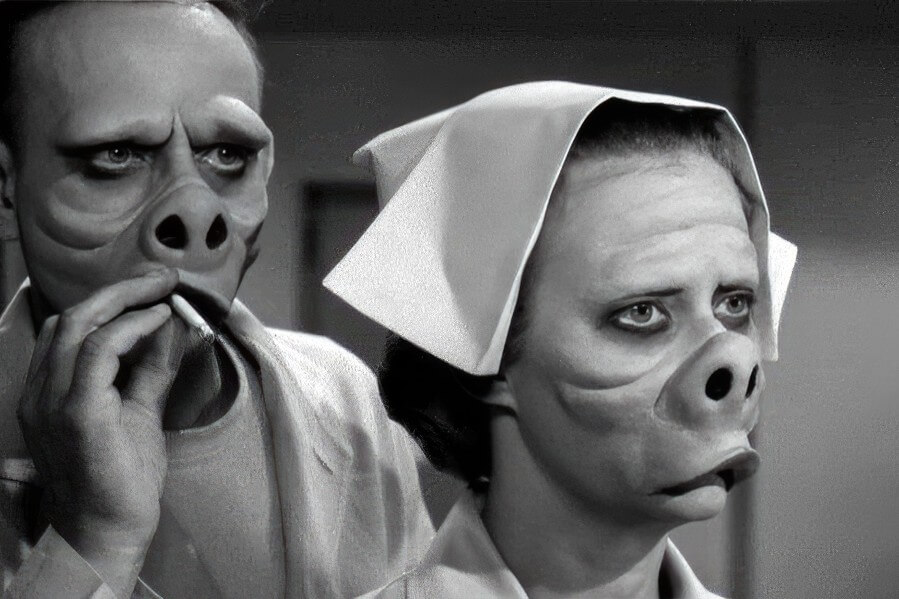An analysis of Yelp reviews reveals various factors influencing plastic surgery patients’ positive or negative feedback, according to a report in the September issue of Plastic and Reconstructive Surgery®, the official medical journal of the American Society of Plastic Surgeons (ASPS).
The study, conducted by senior author Brent R. DeGeorge, MD, PhD, from the University of Virginia, Charlottesville, suggests that while the plastic surgeon’s gender or race does not appear to impact overall quality ratings, other surgeon and practice-related factors play a significant role.
The research team examined 5,210 Yelp reviews of plastic surgery provider practices from 49 cities across the United States. The reviews were coded to identify positive and negative themes, and they identified surgeon and practice-related factors associated with positive or negative ratings, including the influence of the physician’s race and gender.
The analysis revealed that approximately 80% of the reviews were five-star ratings, indicating high patient satisfaction, while 13.5% were one-star reviews, indicating low patient satisfaction. Ratings falling in the two- to four-star range accounted for only about six percent of the reviews.
In positive reviews, patients frequently mentioned surgeon-related factors such as successful surgical outcomes, the physician’s temperament, their competency and knowledge, and effective communication with patients. Patients emphasized the importance of achieving natural-looking results that aligned with the pre-surgery discussions with their physicians. They appreciated physicians who provided thorough explanations of the procedures, often dedicating several hours to multiple consultation sessions.
Positive physician factors associated with higher Yelp ratings included surgical outcomes, physical exam/procedures, injectable outcomes, competency and knowledge, and temperament. Conversely, negative mentions of the same factors, along with cost consciousness, were linked to lower Yelp ratings.
Practice-related factors also played a crucial role in patient reviews. Interactions with office staff and issues related to scheduling significantly affected whether patients left positive or negative reviews. Negative practice-related factors included billing/insurance issues and wait times, which correlated with a patient’s likelihood to highly rate a practice.
The study yielded encouraging results, as Yelp ratings were not significantly influenced by the physician’s race or gender. However, the researchers acknowledged some differences in both positive and negative factors related to race and gender. They emphasized the need for further research to understand the effect of patient characteristics on their ratings and reviews of providers.
Despite acknowledging the inherent subjectivity of online ratings, the researchers believe their analysis offers valuable insights into the range of physician and practice-related factors influencing patient perceptions of quality of care. The study’s authors suggest that plastic surgeons can leverage patient ratings and reviews to enhance the patient experience and better understand general biases held by patients, especially as the field becomes more diverse.

